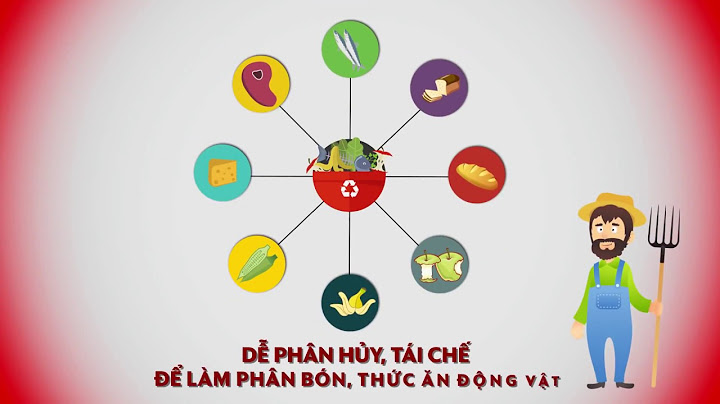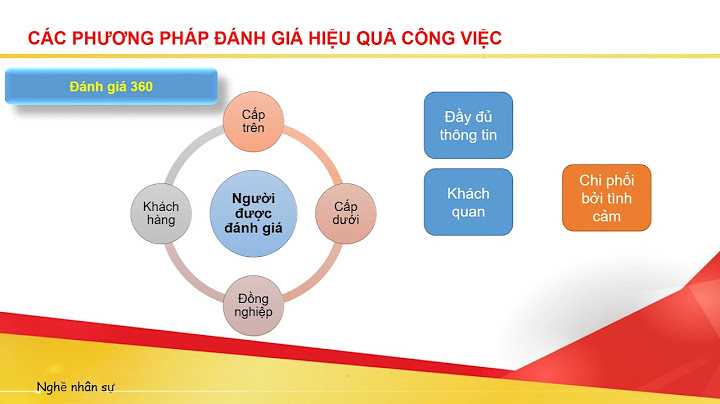“What's in a name? That which we call a rose, by any other word would smell as sweet.” It is a beautiful sentiment in that context, and even still you might say that there is some truth to this saying in a lot of ways. But it is a terrible foundation for a naming convention. The problem is: the word "rose" doesn't typically reference a single rose, but rather a class of plants. Hence when someone says "a bouquet of roses", and you are an English speaker, you likely know exactly what they are talking about without a second of thought. Now let's consider you rename the concept of a rose to a shoe. Now we have to be careful when ordering a pair of shoes that we don't get a thorn in our foot when putting them on. Before this gets even more silly, the point here is that for a class of things in this world, we typically have a specific name, and in many cases, an agreed upon domain (or set of allowed values for that name) that allows us to speak to one another with only minimal ambiguity. Concepts change, are added, and even the domain for any concept can change over time; though typically quite slowly. Which leads me to my very simple point for this editorial. Names matter. When you are writing code, designing a database, or any of a range of similar activities, naming objects and attributes is important. In fact, for most people (myself included), object names are very likely the only piece of documentation one is likely to read...Unfortunately, due to some folks not realizing that names matter, this practice of trusting them has gotten me into trouble more than once in my professional career. In the years I have been working with relational databases, I have found that 99% of the time I can read a database structure like a book, just using the names of objects, foreign keys, datatypes, etc. to interpret the meaning the data architect had for the design. However (to tie this back to the title at least somewhat), there is absolutely nothing other than common sense that stops someone from saying "we have this column named 'rose', if we named it something else, would it still smell as sweet?" Of course when this happens in reality, it is more likely that the question pertains to a column that has been abandoned and repurposed to some new functionality, but that really didn’t fit the storyline all that well. Now everyone else on the team, never having used the rose column themselves, just grunts "whatever" and there you have it. The woadget column now represents what the original rose column did and exactly one person in the universe understands it. The rest of us just wonder if woadget is spelled right for 10 seconds, then grunt and repeat "whatever." It is always important to realize that names matter, and naming entire classes of things doubly so. The more you can make your code and designs read like a book the better. We use the phrase ‘A rose by any other name would smell as sweet’ today to indicate that things are what they are, no matter what name you give them. This line – ‘A rose by any other name would smell as sweet’ – is a quotation from William Shakespeare’s play Romeo and Juliet, spoken by Juliet Capulet (Act 2, Scene 2) to herself whilst on her balcony, but overheard by Romeo Montague.
Juliet is saying that even if the rose has a different name it would still have its wonderful scent. She is a highly intelligent girl and this monologue is one of the most profound observations in all of Shakespeare. This principle of things being what they are, no matter what name you give them is at the heart of the tragedy of Romeo and Juliet. The names Montague and Capulet are extremely important in the world of this play, but Juliet cuts through that by suggesting that whichever one of those you are is unimportant. Whether you are called Montague or Capulet you are still the same person, and that’s what matters. ‘A rose by any other name’ quote in contextJuliet has met Romeo at her father’s party and thinks he has gone home, but he is lingering in her garden, watching the balcony of her bedroom. She comes out and he overhears her speaking. It’s then that he shows himself to her and the action between them begins, leading to their secret marriage and their deaths. The two leading families – the Montagues and the Capulets – are engaged in an ancient feud. They move in entirely different circles and avoid each other. Romeo and Juliet’s generation are slightly more flexible, as are some older members of the families, shown by Romeo’s gatecrashing Capulet’s party and Capulet welcoming him and his friends. But any thought of intermarriage would be taboo. So when Romeo and Juliet meet and fall in love, it’s dynamite. And it becomes even more explosive when they marry, and before long they find themselves in a corner from which there is no escape. The action hurtles from their initial encounter to their tragic deaths, something that would not have happened were it not for this ancient feud connected with the names of people bearing the names of Montague and Capulet. And so, the actual flower with its sweet smell is the important thing and the name ‘rose’ is unimportant – without that, it still would smell as sweet. But in the situation of these two unfortunate young people, it is not the two young people but their names that prove to be more important. Their parents, the heads of the two families, come to understand that when they see what their feud, based on their names, has led to, and they resolve to end it. Which is a fitting end to the tragedy. Now you’ve read through Juliet’s quote and understand the full meaning of the monologue, and its context in Romeo and Juliet, try reading it one time: |




















